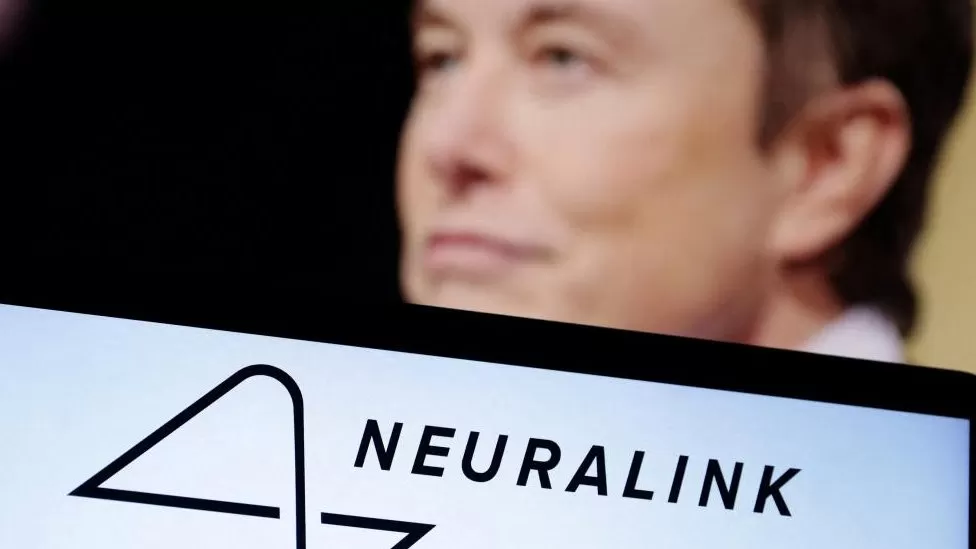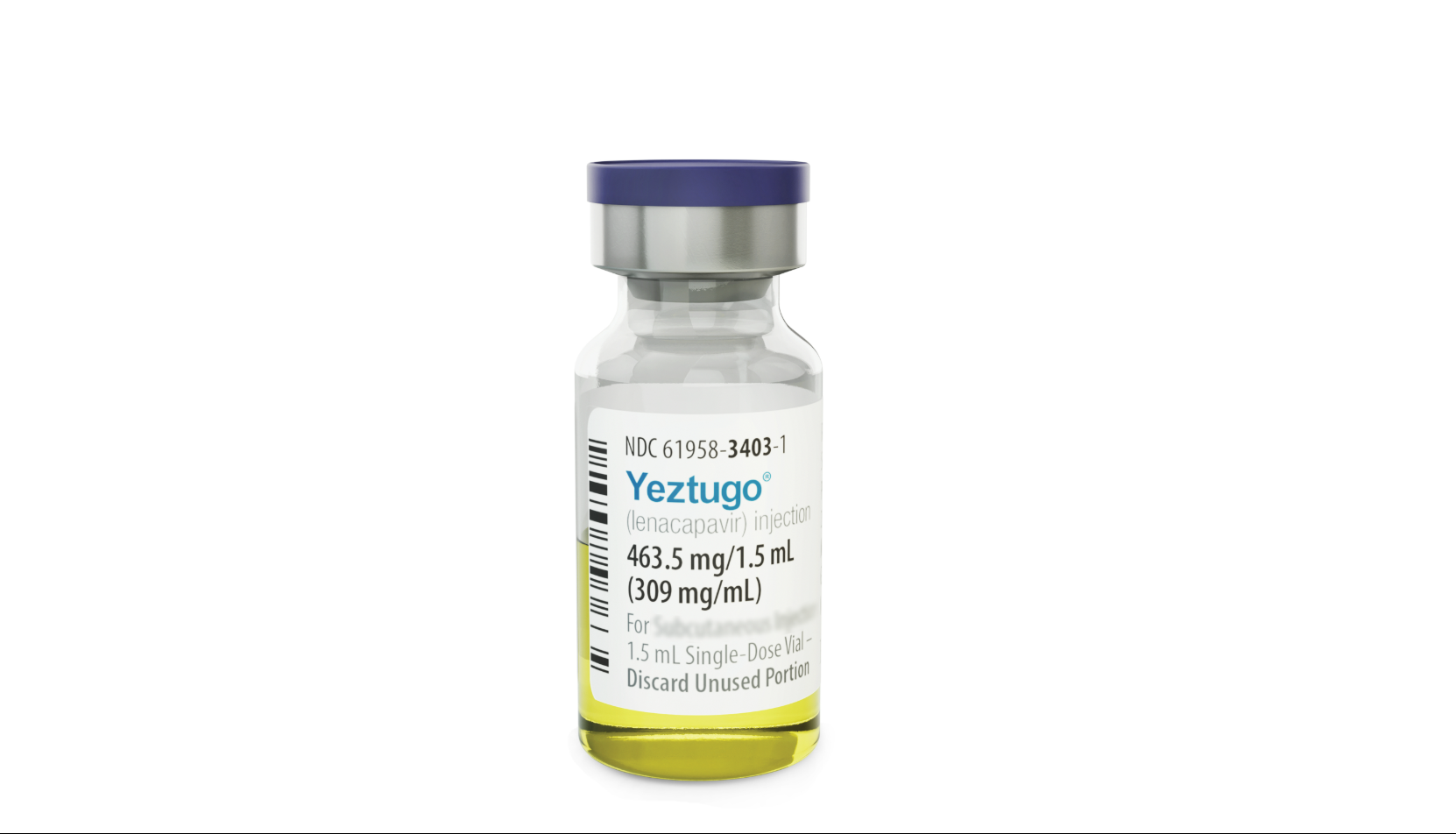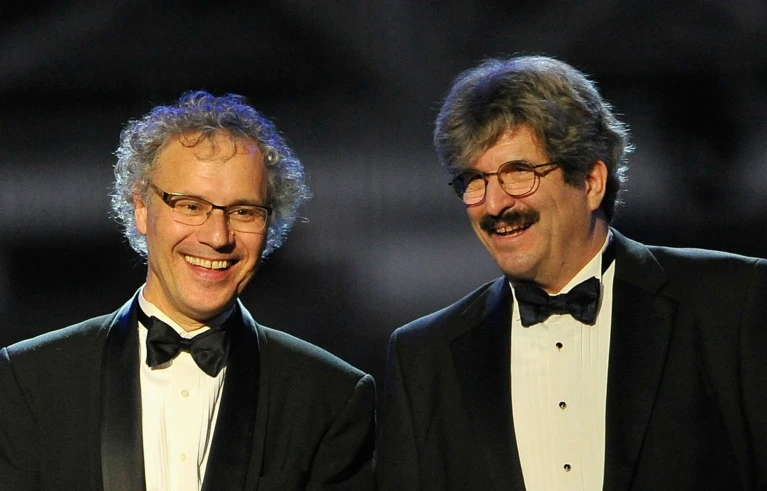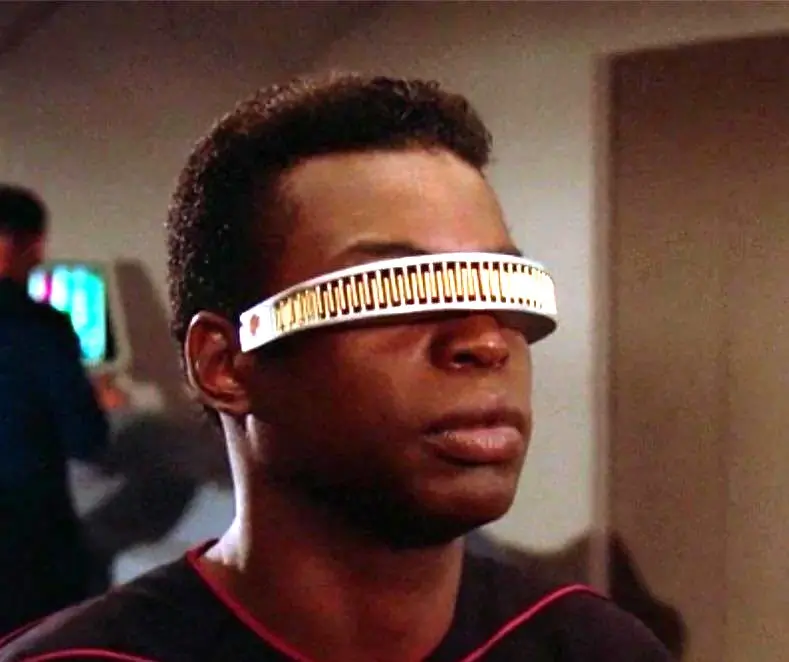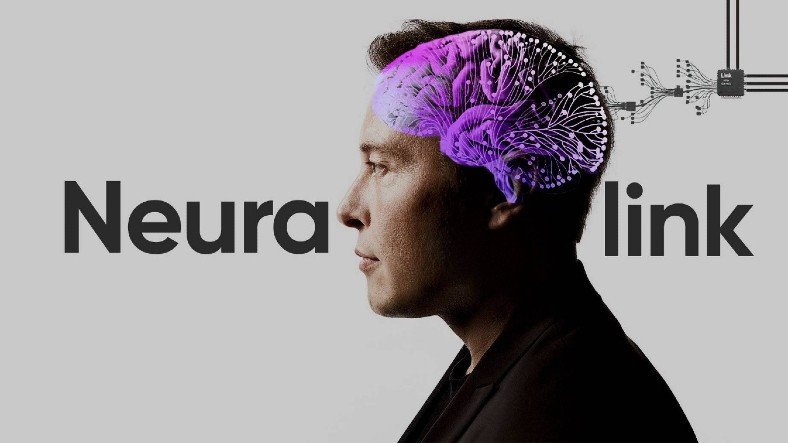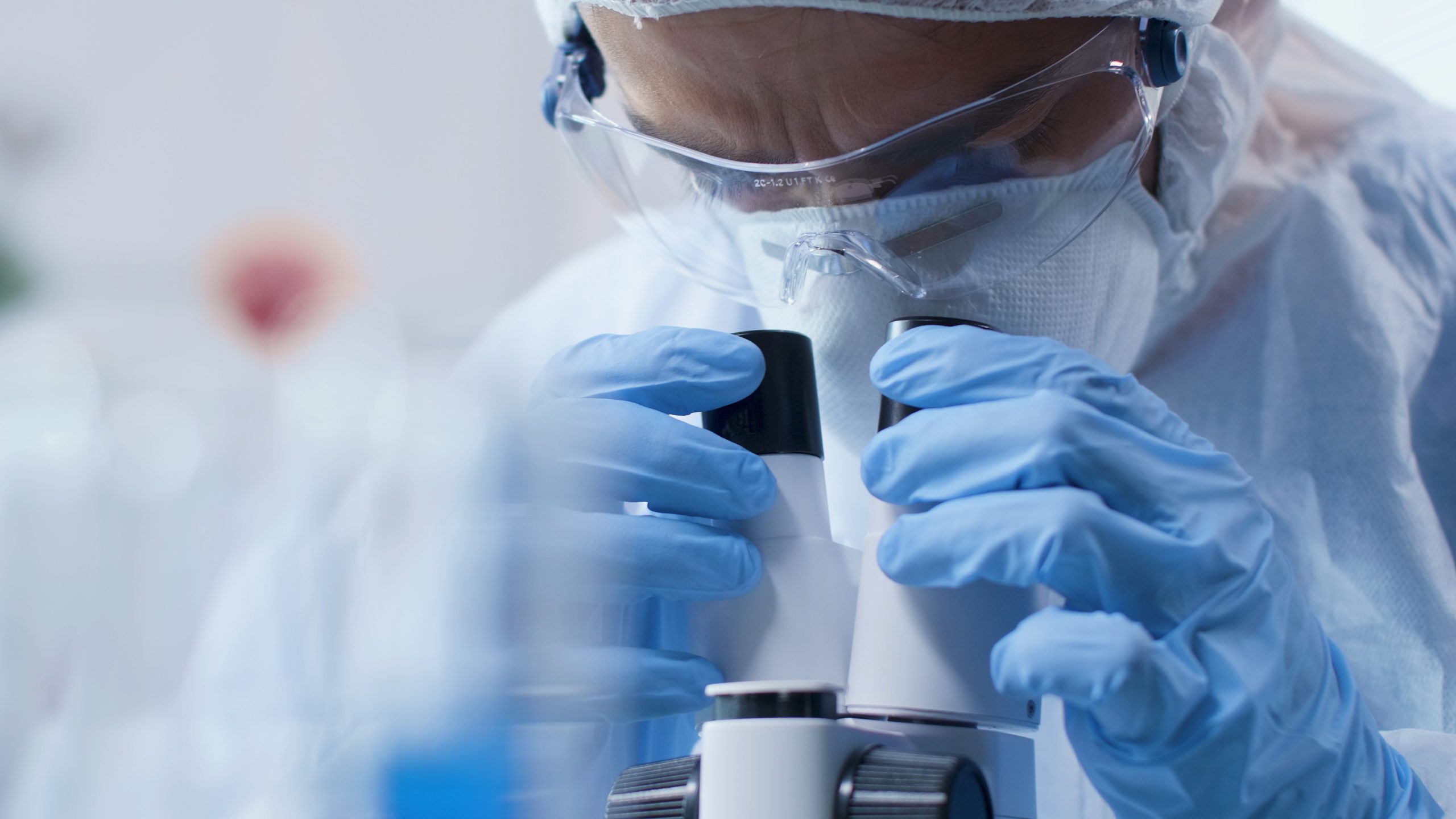Elon Musk’s brain-implant company, Neuralink, has received approval from the U.S. Food and Drug Administration (FDA) to conduct its first-in-human clinical trial, according to the company’s tweet on Friday.
The trial will involve a small number of patients with severe paralysis who will be implanted with Neuralink’s brain-computer interface (BCI) device. The device is designed to help patients control external devices using only their thoughts.
This momentous achievement marks a significant milestone in the field of neuroscience, opening doors to a future where humans can interact with technology through the power of their thoughts. With the FDA’s stamp of approval, Neuralink’s BCI technology is poised to revolutionize the way we understand and harness the potential of the human brain.
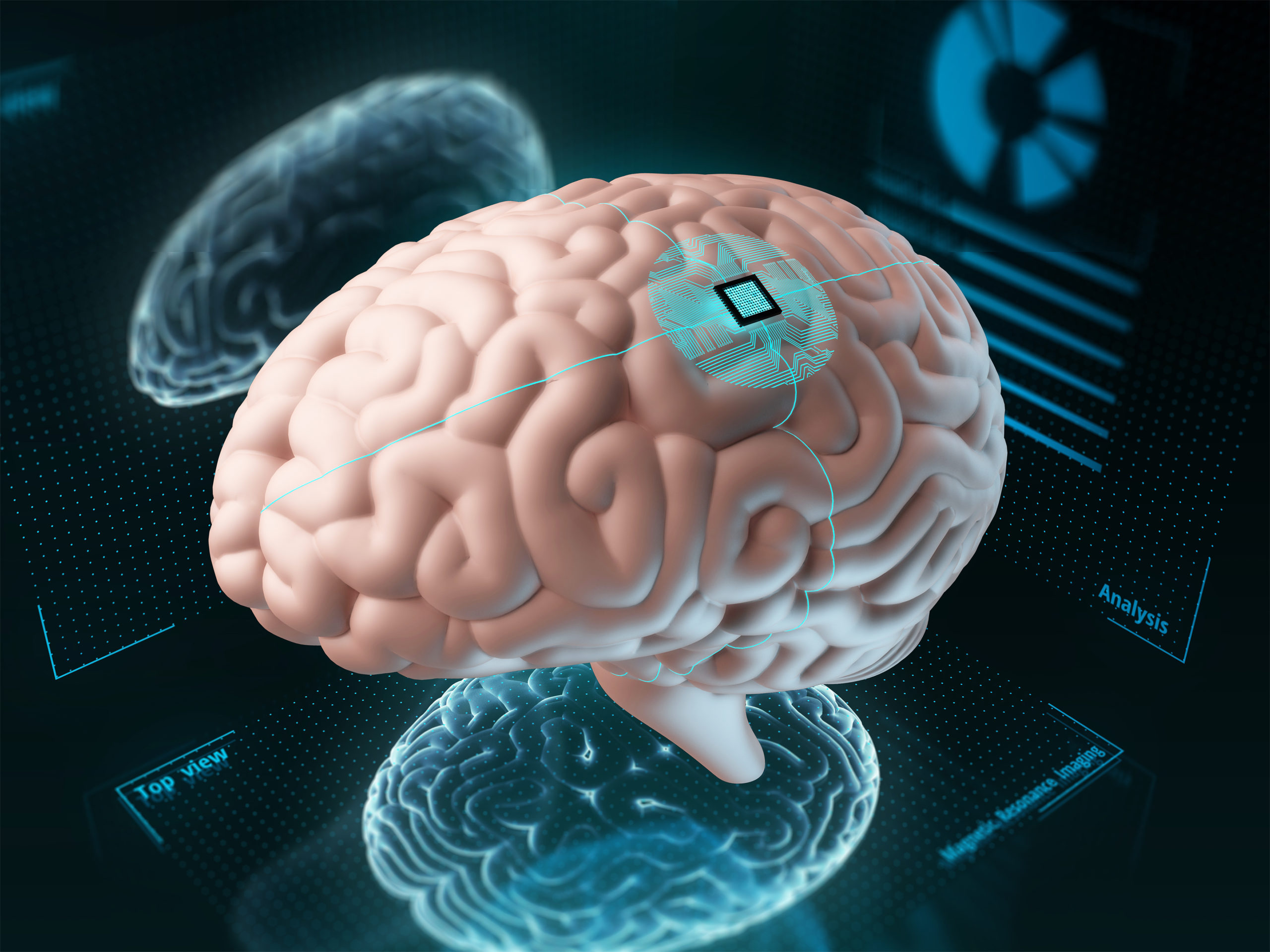 A chip implanted in a brain // Adobe Stock
A chip implanted in a brain // Adobe Stock
Neuralink’s BCI device is a small, wireless implant that is inserted into the brain through a small incision. The device contains a grid of electrodes that are used to record and stimulate brain activity. The device is controlled by a smartphone app that allows users to select the devices they want to control and the actions they want to perform.
It is the first time that a BCI device has been approved for human trials in the United States. The trial is expected to begin in the coming months and will help to determine the safety and effectiveness of Neuralink’s technology.
Successful results from the trial could pave the way for paralyzed patients to regain control over their limbs, speech, and even walk again. Additionally, it holds promise for treating conditions like epilepsy, Alzheimer’s, and Parkinson’s disease.
While the approval marks a significant development, it’s crucial to acknowledge that the technology is still in its early stages. The trial will determine the device’s safety and effectiveness, and there is no specific timeline for public availability yet.
Nonetheless, Neuralink is making remarkable progress in BCI technology development. If they successfully bring their innovation to market, it could positively impact the lives of millions of people.

